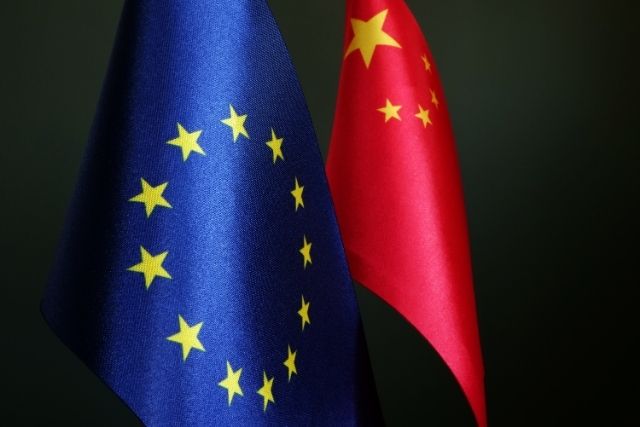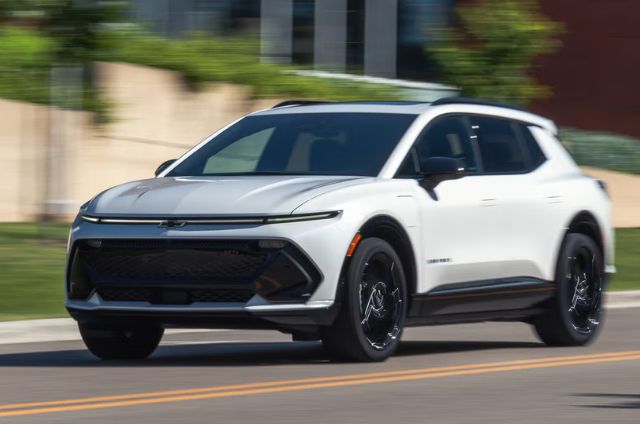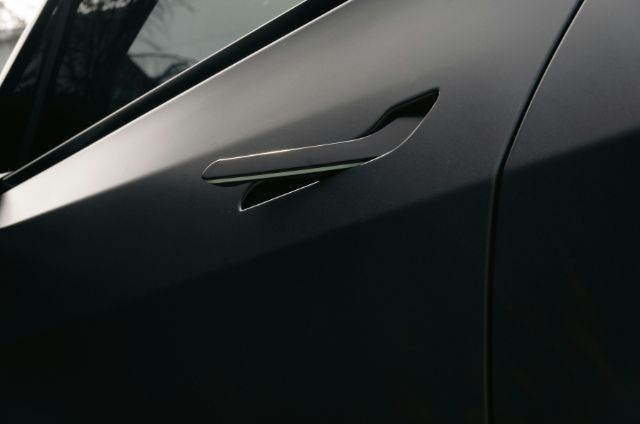In a recent trade development, China has filed an official complaint against the European Union’s newly implemented tariffs on electric vehicles manufactured in China. The complaint, made to the World Trade Organization (WTO), claims that the EU’s new tariffs on Chinese EV imports are an unjustified act of “trade protectionism.” Under these tariffs, major Chinese EV manufacturers, such as SAIC and Geely, face substantial additional charges, ranging from 17% to over 35%, on top of the standard 10% import tax on vehicles.
Why China is filing a complaint to WTO?
China’s Ministry of Commerce argues that the EU’s decision to increase tariffs lacks a solid factual basis and violates WTO rules. The tariffs, according to Chinese officials, unfairly target Chinese EV producers and are seen as an attempt to curb the growth of China’s rapidly expanding EV market in Europe. China’s Commerce Ministry asserts that these measures “lack factual and legal foundation,” and has urged the EU to reconsider and withdraw these “illegal practices” to maintain a balanced global EV supply chain and fair trade relationships between China and the EU.
EU’s rationale for the tariffs
The EU’s tariff hike is part of a broader initiative to protect its own EV market from a surge in imports that it believes may be benefitting from subsidies provided by the Chinese government. EU leaders, including Trade Chief Maroš Šefčovič, emphasize the need for a balanced trade relationship and highlight concerns that China’s subsidies may give its EVs an unfair competitive advantage in the European market. As the EU continues to push for policies supporting local EV production, these tariffs represent one step toward achieving a level playing field for European manufacturers.
So, this trade tension between China and the EU could impact the global EV market. Especially it’ll be notable in Europe, where Chinese EVs have been gaining popularity due to their competitive pricing. Higher tariffs may drive up the prices of Chinese-made EVs, potentially reducing their appeal in the European market. Thus, they’ll encourage European consumers to turn to local manufacturers. However, Chinese companies are likely to push back by seeking ways to make their products more competitive or by exploring alternative markets.
China’s formal complaint to the WTO marks the beginning of a potentially lengthy dispute resolution process. If unresolved, the conflict may escalate into a broader trade dispute, with both sides facing increased economic and political tensions. While EU officials have stated that they are not seeking a trade war, they remain committed to balancing the economic relationship with China.



